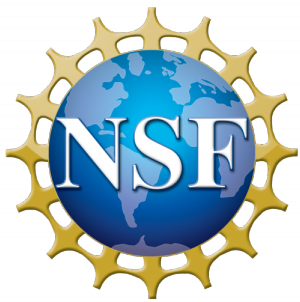July 1st, 2011 | RESEARCH
Exposing American K-12 students to science, technology, engineering, and math (STEM) content is a national initiative. Game Design Through Mentoring and Collaboration targets students from underserved communities and uses their interest in video games as a way to introduce science, technology, engineering, and math topics. This article describes a Game Design Through Mentoring and Collaboration summer program for 16 high school students and 3 college student mentors who collaborated with a science subject matter expert. After four weeks, most students produced 2-D video games with themes based on immunology concepts from the educational science game Immune Attack. Findings from three groups that finished their games and one group with an uncompleted game are explored.
Document
(no document provided)
Team Members
Neda Khalili, Author, George Mason UniversityKimberly Sheridan, Author, George Mason University
Asia Williams, Author, George Mason University
Kevin Clark, Author, George Mason University
Melanie Stegman, Author, Federation of American Scientists
Citation
Identifier Type: doi
Identifier: 10.1080/07380569.2011.594988
Identifier Type: issn
Identifier: 0738-0569
Publication: Computers in the Schools
Volume: 28
Number: 3
Page(s): 228
Related URLs
Tags
Audience: Educators | Teachers | Museum | ISE Professionals | Scientists | Undergraduate | Graduate Students | Youth | Teen (up to 17)
Discipline: Computing and information science | Education and learning science | Health and medicine | Technology
Resource Type: Peer-reviewed article | Research Products
Environment Type: Games | Simulations | Interactives | Media and Technology | Public Programs | Summer and Extended Camps

